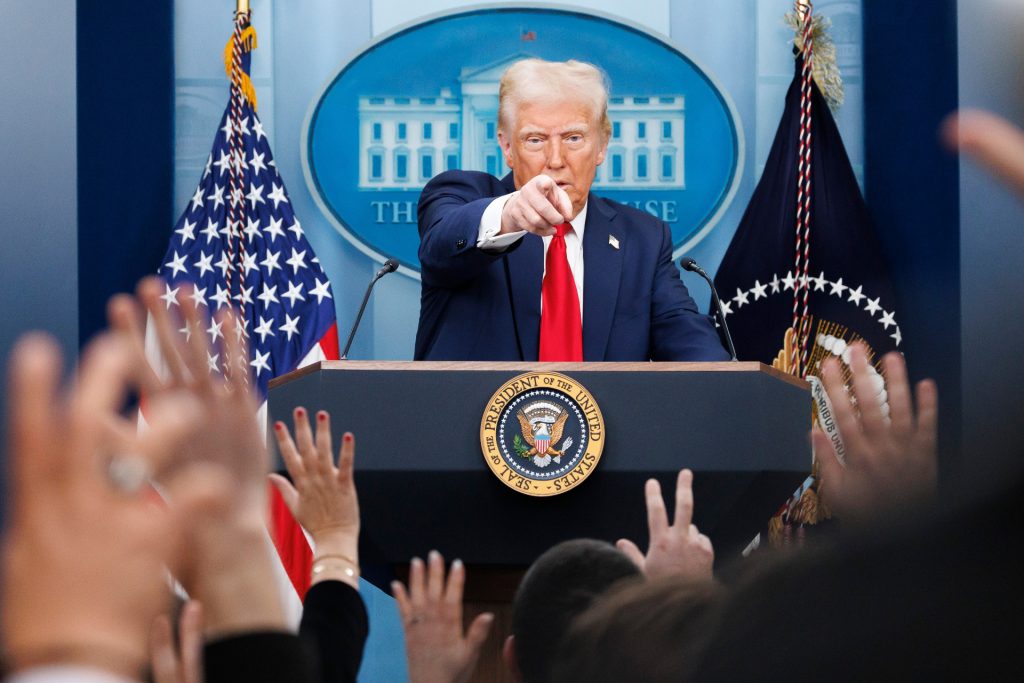U.S. demands compliance from overseas contractors, triggering tensions with Europe
Others are reading now
The Trump administration is extending its campaign against diversity, equity, and inclusion (DEI) policies beyond U.S. borders, directing French companies with American government contracts to comply with a new executive order banning such programs. As reported by HotNews.ro, the move is raising fresh concerns in Europe over the extraterritorial reach of U.S. policy.
French firms were asked to complete a “Certification Regarding Compliance with Applicable Federal Anti-Discrimination Law,” confirming adherence to Executive Order 14173. The directive, signed by President Donald Trump, aims to eliminate what his administration calls “illegal discrimination” and restore “merit-based opportunity.” Copies of the certification were reportedly distributed via the U.S. Embassy in Paris.
Clashing Visions of Equality
The initiative has already sparked diplomatic unease. France’s secular and legal framework restricts the collection of racial or ethnic data and frames DEI efforts around gender and socioeconomic background. In contrast, many American companies adopt metrics-driven approaches that set diversity targets and track racial representation.
Also read
A French finance ministry official said the matter would be raised with U.S. counterparts, noting: “This practice reflects the values of the new American government. They are not the same as ours.”
Orange, the French state-controlled telecom giant, confirmed receiving the document—despite having no operations in the United States. Meanwhile, companies like Thales and TotalEnergies, both active in the U.S., reportedly were not contacted.
Global Implications Unclear
It remains uncertain whether similar directives have been sent to firms in other European countries. However, the move coincides with broader U.S.-EU tensions over trade, defense cooperation, and regulatory alignment under Trump’s second term.
The French business newspaper Les Echos was first to report the story, and Le Figaro published a copy of the embassy’s letter, which urges companies to respond within five days or provide a written explanation if they refuse.
While the full impact of this policy shift remains to be seen, European leaders and executives are likely to watch closely—concerned that American culture wars may now be playing out on foreign corporate soil.

